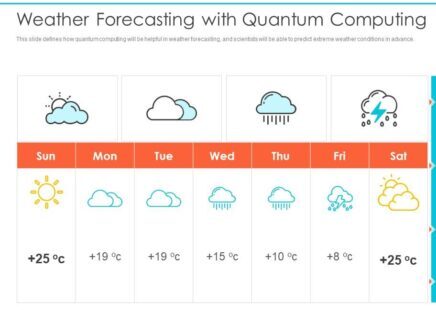Rise of Quantum Computing in Weather Forecasting: Applications and Innovations

Course Content
Introduction
-
Brief overview of quantum computing
00:00 -
Importance of weather forecasting
00:00 -
Need for innovation in weather forecasting
00:00